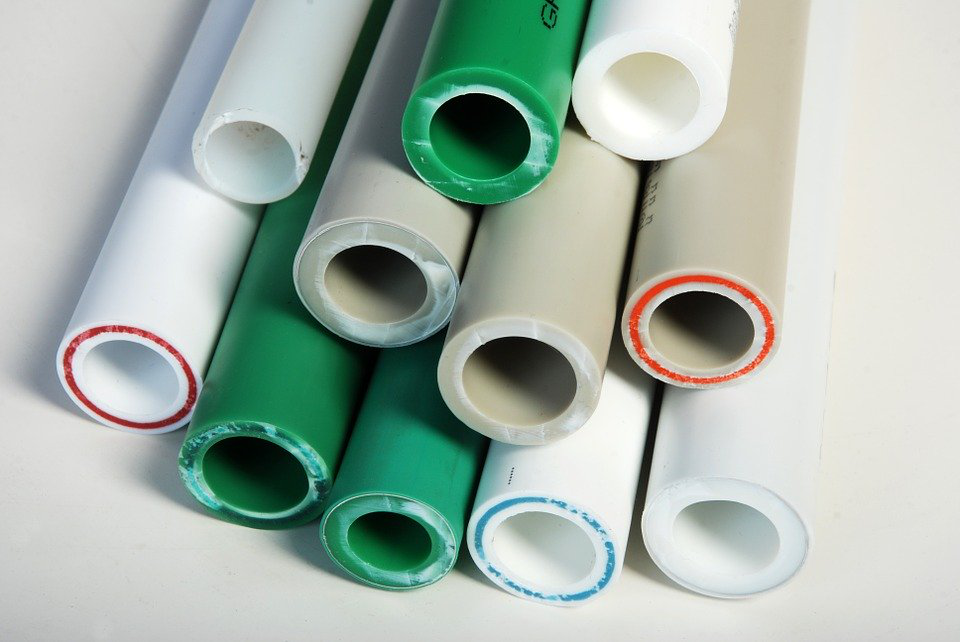If you’ve been living in the same house for the past decade and have never considered repiping, now is a great time to do so. If your home was constructed before the 70s, the pipes were probably made of galvanized steel. By now, the same steel must be nearing the end of its useful life.
Before the pipes break down and wreak havoc on your plumbing system, here are a few signs that a repiping is in order:
Multiple leaks
Most of us deal with leaks by either welding or patching a leak shut. Let’s be honest: we do it because it’s a lot quicker and inexpensive that way. But does it address the issue in the long run? No, it doesn’t.
Piping leaks take place when the pipes can no longer withstand the hydraulic pressure applied to its walls. This happens when the pipes become old, worn out, and weak.
If there’s one leak at a certain place in the piping system, chances are there are leaks elsewhere too—you’ll just discover them in due time. This is because the material used for the pipes is often used at other spots throughout the plumbing system.
Instead of getting each leak fixed and repaired separately, it’ll be a lot more affordable to get the plumbing system repiped and address the issue for once and for all. Besides, leaks also contribute to significant water wastage.

Water discoloration
Water is supposed to be clear, any other tint of shade in water means it’s contaminated. Water discoloration is a surefire sign of pipe corrosion. When the pipes get decayed or corroded, we start seeing yellow or brown water coming out of the taps.
First off, this water is very obviously undrinkable. According to the US EPA, lead is harmful for adults, children, and pregnant women alike. Common diseases are cardiovascular dysfunctions and kidney issues.
Other than that, lead-contaminated water leaves yellow stains on your sinks, making them look dull and old. Corroded water can also take a toll on your clothes if you’re using it to wash. This could make them fade out earlier than they should.
Temperature and pressure swings
At this time of the year, none of us would ever fancy our shower quickly and unexpectedly switching from hot to icy cold. This doesn’t always mean that the water heater or the thermostat isn’t working. The issue could also lie in the pipes.
If the pipes are old and worn out, the inner material may start breaking down. These fragments often get jammed and accumulate inside the valve that regulates the water temperature. As a result, the temperature fluctuates from hot and cold quickly.
Sediment buildup can also cause pressure changes if they somehow block the pipes. In both cases, repiping is the only way out.
Repiping will not only make your plumbing system last long but will also help you save up on all those repair costs. If you’re in Fort Worth, call up Pro Serve Plumbing. The number is 817-244-0614.

